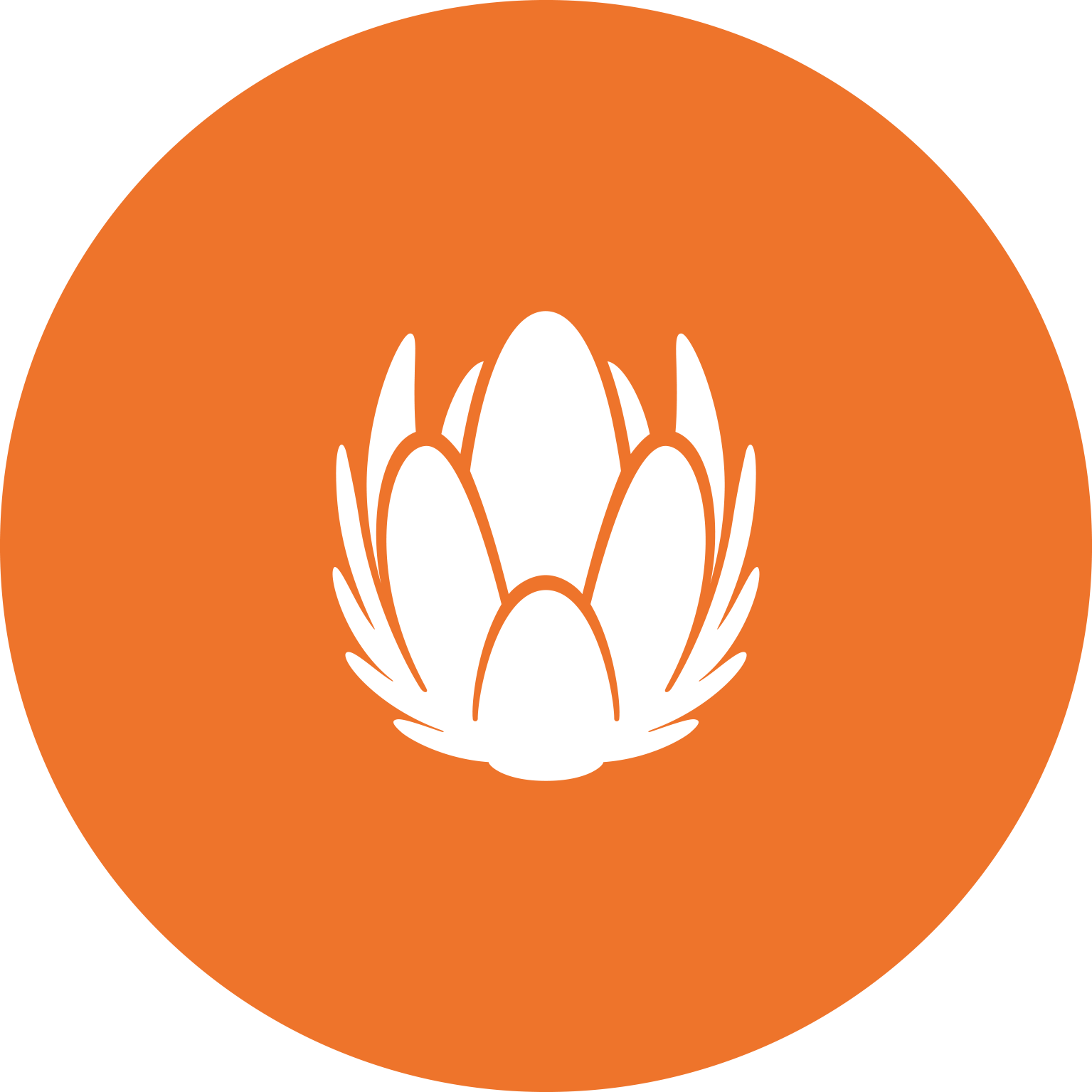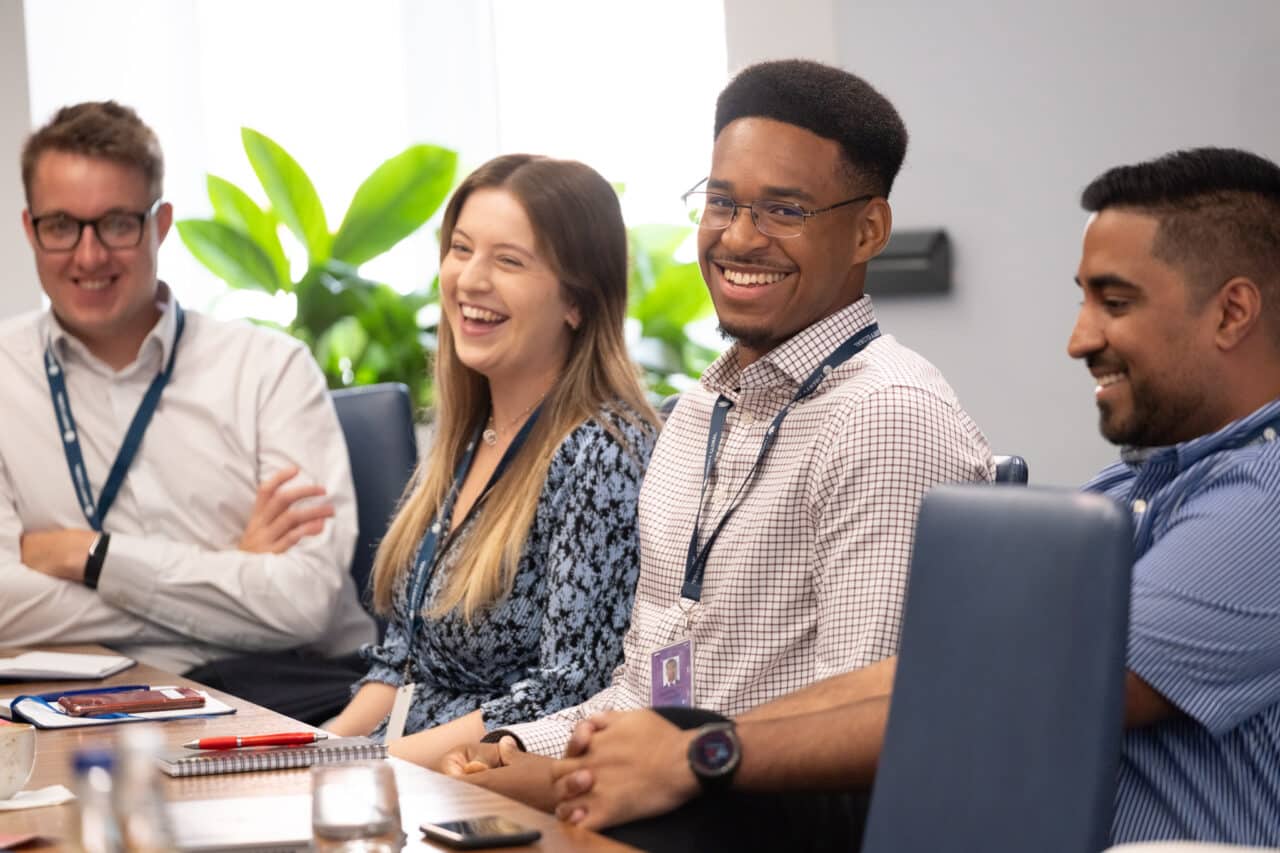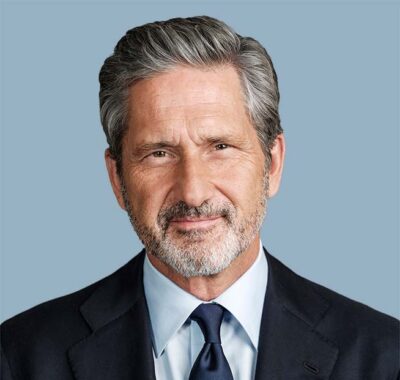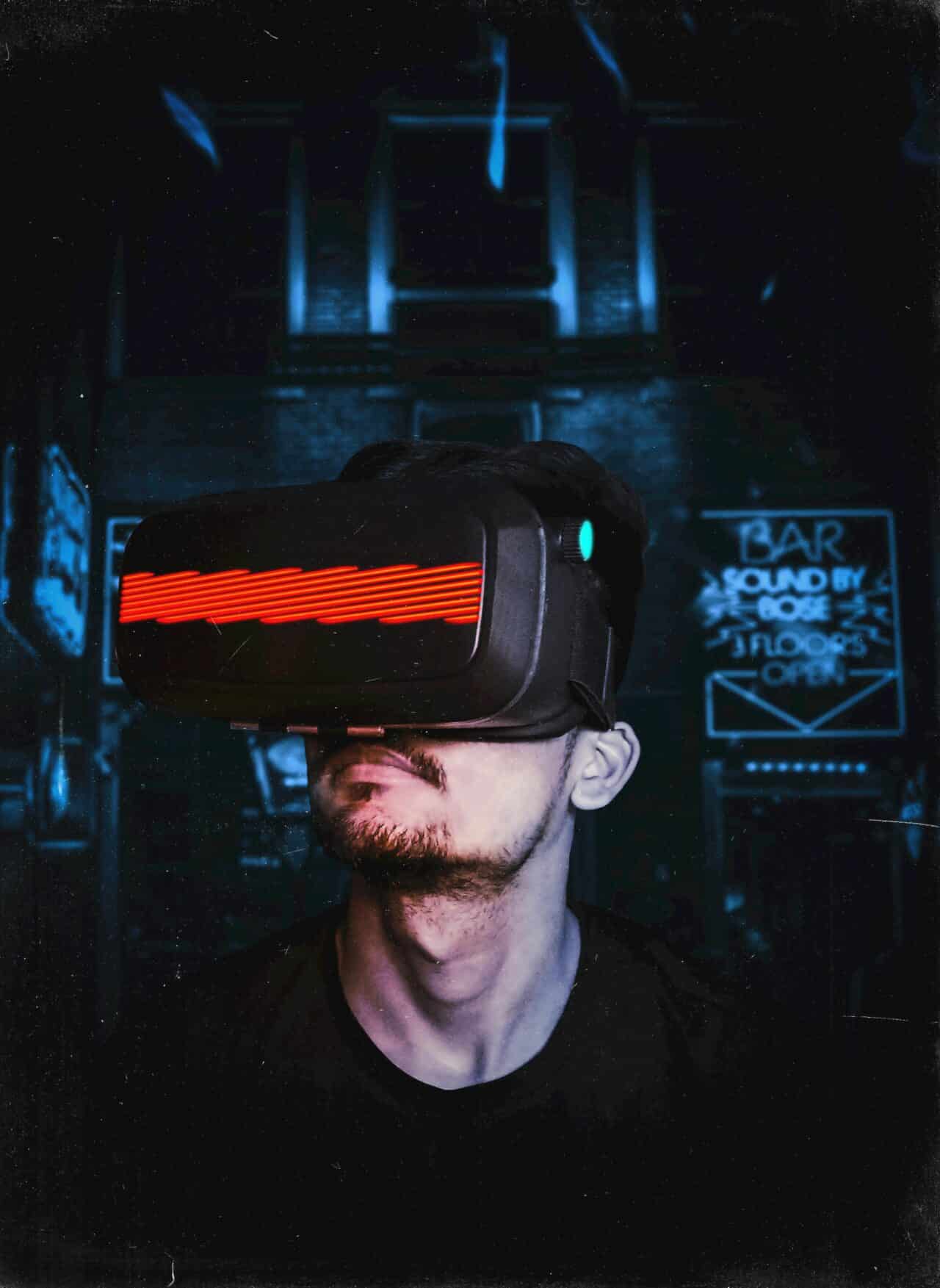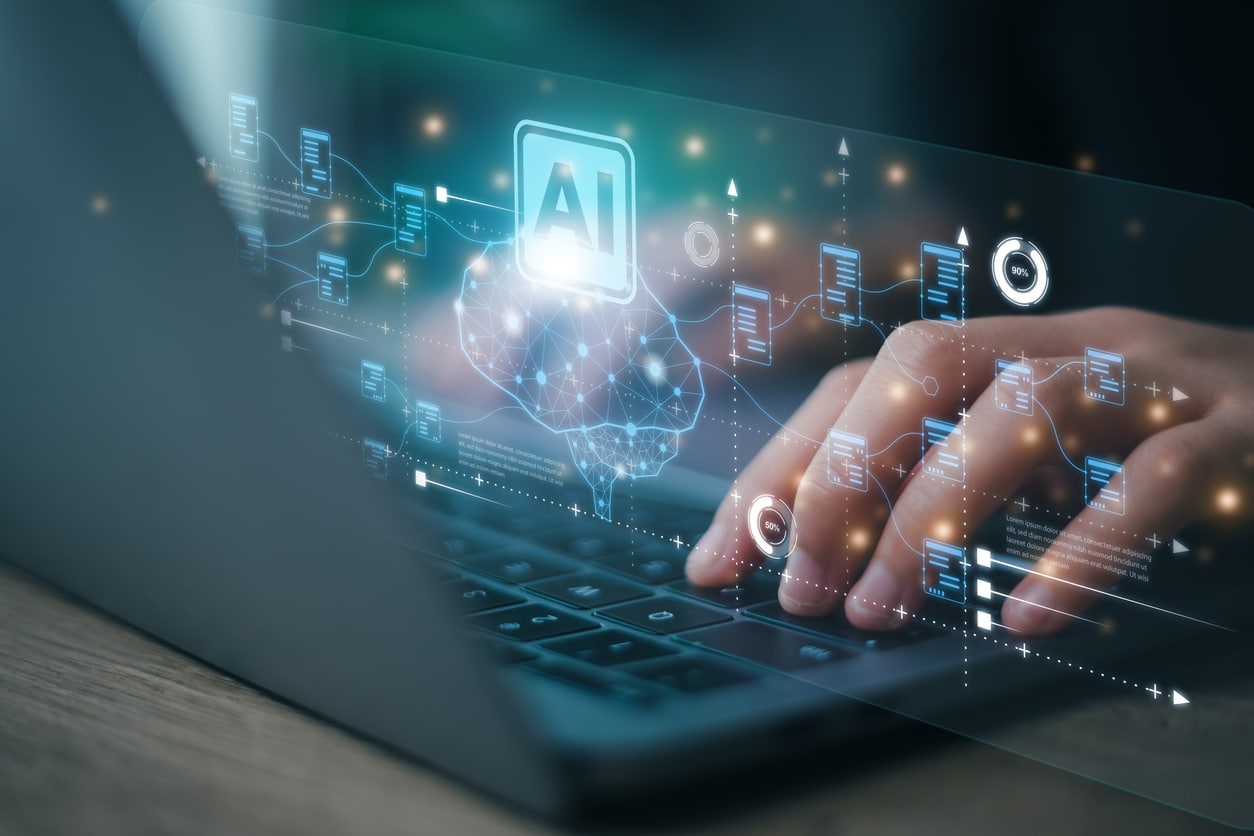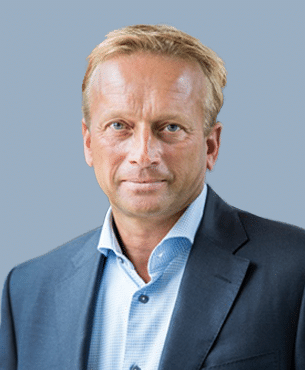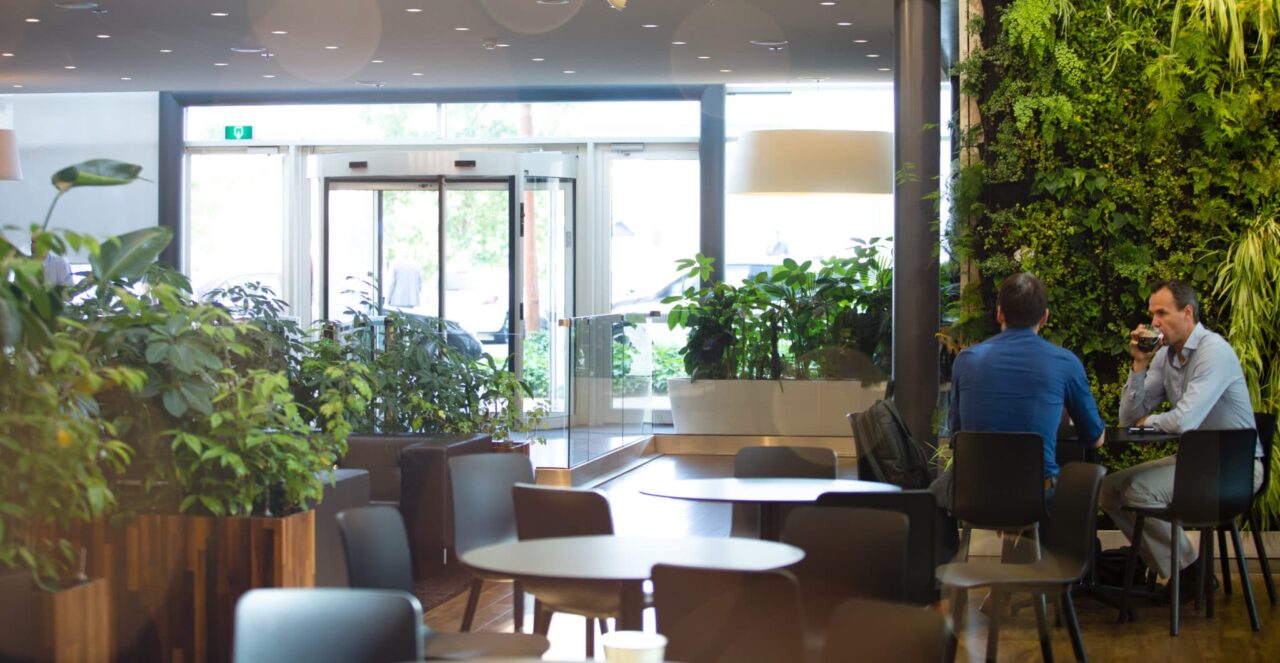Arthur D. Little led a discussion on “Next Generation Applications in a GigaWorld” during a World Economic Forum 2017 Breakfast Workshop at Davos this week which was hosted by Mike Fries, CEO Liberty Global and Ignacio Garcia Alves, CEO Arthur D. Little.
After 35 years of the Internet, our society is embarking on a journey towards a GigaWorld and will see next-generation applications like “enhanced discovery”, new forms of telepresence and “automated living.” However, this raises key questions on how to support the emergence of the GigaWorld cycle: Can deployment of very high capacity networks accelerate adoption? Will new Quality of Service-based business models emerge?
Key highlights from our roundtable at Davos:
- Attendees agreed that Enhanced Discovery, Telepresence and/or Automated Living could become the next-generation GigaWorld killer applications over a decade (this was also in line with our wider survey, in which more than two-thirds of responding managers in the media and tech industries believe mass adoption of next-generation apps requiring superfast broadband is only five years away)
- Next-generation applications are expected to unlock a market of at least US$500-600 Bn by 2025, part of the audience being quite bullish and mentioning figures 10 times higher, thereby confirming the materiality of the debate
- The mechanisms to secure fair monetization of the related GigaWorld network investments are still subject of controversy. It confirms the need for the industry to further look into new Quality of Service based business models and, with a common and simple language, create awareness among policy makers
- Actual use case experience will help move away from controversy and eventually dictate the priorities and relevance of the proposed monetization.

